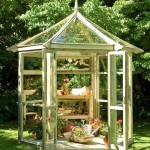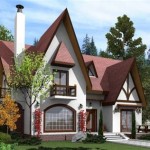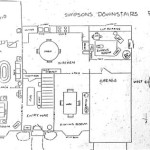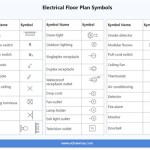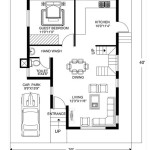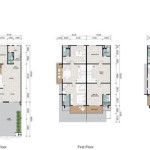Essential Aspects of Small House Plans for Cold Climates
Constructing a small house in a cold climate requires careful planning and consideration of specific design aspects to ensure comfort, energy efficiency, and durability. Here are some essential factors to keep in mind when designing small house plans for cold climates:
Insulation and Air Sealing
Insulation plays a crucial role in preventing heat loss, maintaining a comfortable indoor temperature, and reducing energy consumption. Choose high-quality insulation materials with high R-values for walls, ceilings, floors, and the attic. Additionally, meticulous air sealing around windows, doors, and other openings is equally important to minimize air infiltration and heat loss.
Passive Solar Design
Maximize passive solar energy to supplement heating needs. Orient the house to face south to take advantage of sunlight. Design large windows on the south side to allow natural light and warmth into the living spaces. Consider incorporating a sunroom or a thermal mass system to absorb and store solar heat.
Thermal Mass
Thermal mass materials, such as concrete, brick, or stone, absorb and release heat slowly. This helps stabilize indoor temperatures by absorbing excess heat during the day and releasing it at night when temperatures drop. Incorporating thermal mass into floors, walls, or furniture can enhance thermal comfort and reduce energy fluctuations.
Energy-Efficient Windows and Doors
Windows and doors are potential sources of heat loss. Choose energy-efficient windows and doors with high thermal resistance values (U-factors) and low air leakage rates (A-factors). Consider triple-glazed windows, insulated glass units (IGUs), and weatherstripping to minimize heat loss through these openings.
Heating Systems
Select a heating system that efficiently meets the specific heating needs of the house. This may include a high-efficiency gas furnace, electric heat pump, or a radiant floor heating system. Consider incorporating a zoning system to control the temperature in different areas of the house, optimizing comfort and energy usage.
Ventilation
Adequate ventilation is essential to maintain good indoor air quality and prevent moisture buildup. Implement a mechanical ventilation system with a heat recovery ventilator (HRV) or energy recovery ventilator (ERV). These systems exchange indoor and outdoor air while recovering heat energy, reducing energy loss and improving air quality.
Roofing and Exterior Materials
Choose durable roofing and exterior materials that can withstand cold temperatures, snow, and ice. Asphalt shingles, metal roofing, or standing seam roofs are suitable options. Consider using hardy siding materials like fiber cement, vinyl, or brick veneer to protect the exterior from harsh weather conditions.

Winter S Most Wanted House Plans Houseplans Blog Com

Like Our Smallest Creation The Hummingbird H1 New Snowbird 1 Is Just As Cute Offering A P Modern Style House Plans Unique Small Design

Alluring Small House Ideas Style Excellent Interior Design Unique Plans Floor Plan One Story

Green Building In Cold Climates Inhabitat Interview With Bernat And Kate Of Maison Durable Portneuf

27 Adorable Free Tiny House Floor Plans Craft Mart

27 Adorable Free Tiny House Floor Plans Craft Mart

How To Design A Tiny House For Extreme Cold Weather Interior Company On Wheels

The Best 2 Bedroom Tiny House Plans Houseplans Blog Com

From Sun To Snow How Design For Climates Modlar Com

180 Best Small Cottage Plans Ideas In 2024 Plan House Floor


